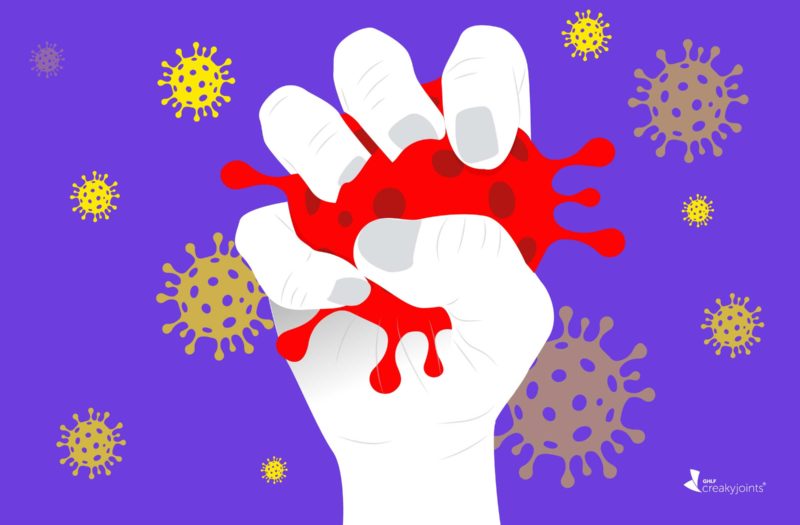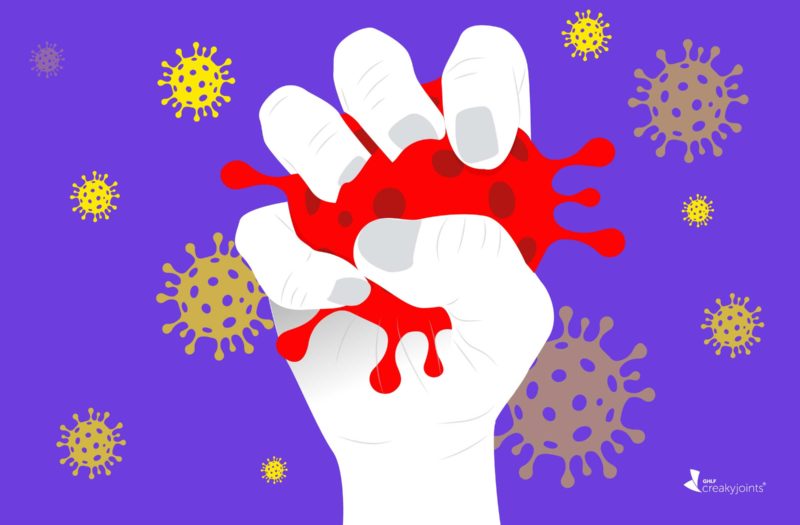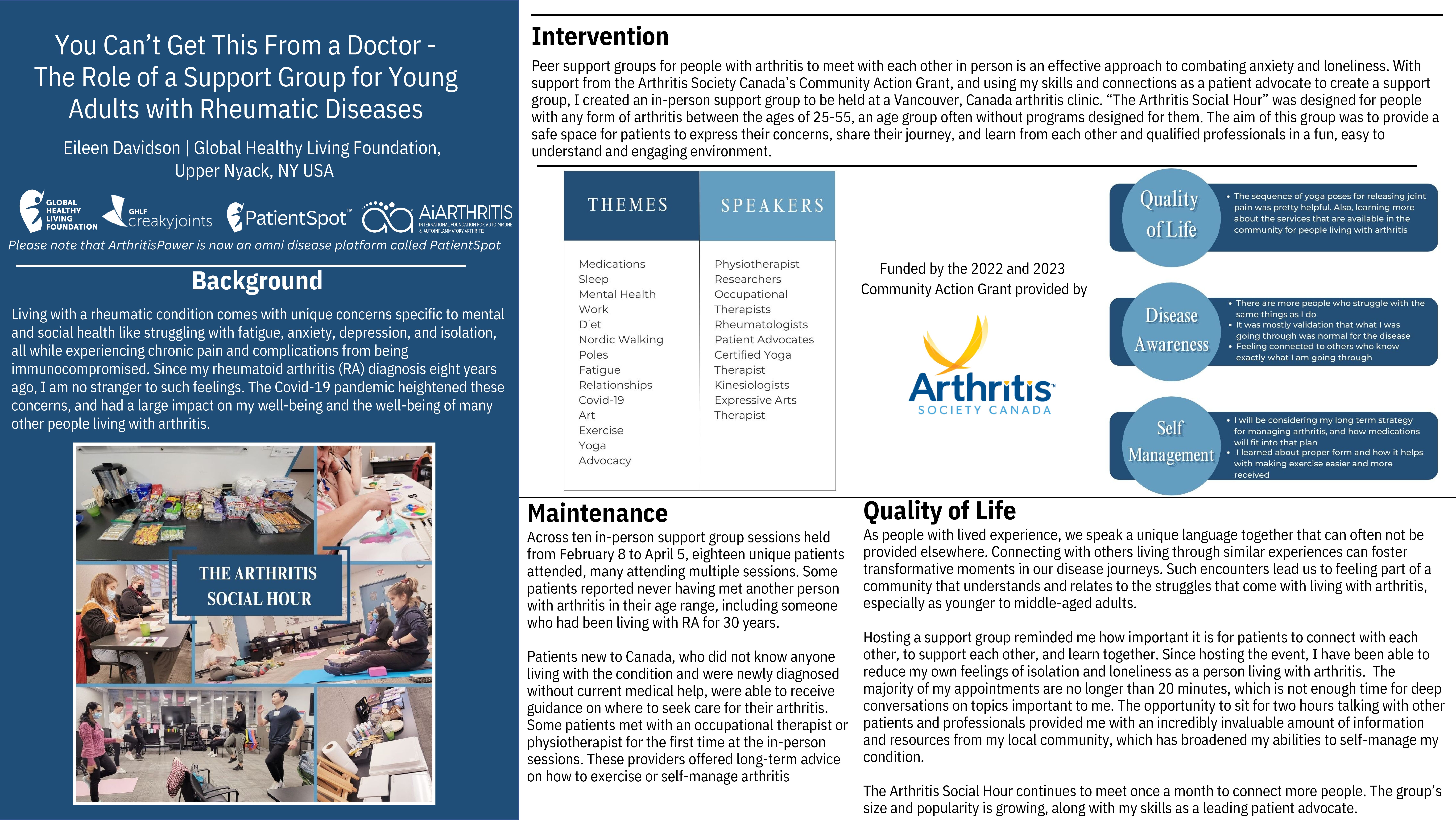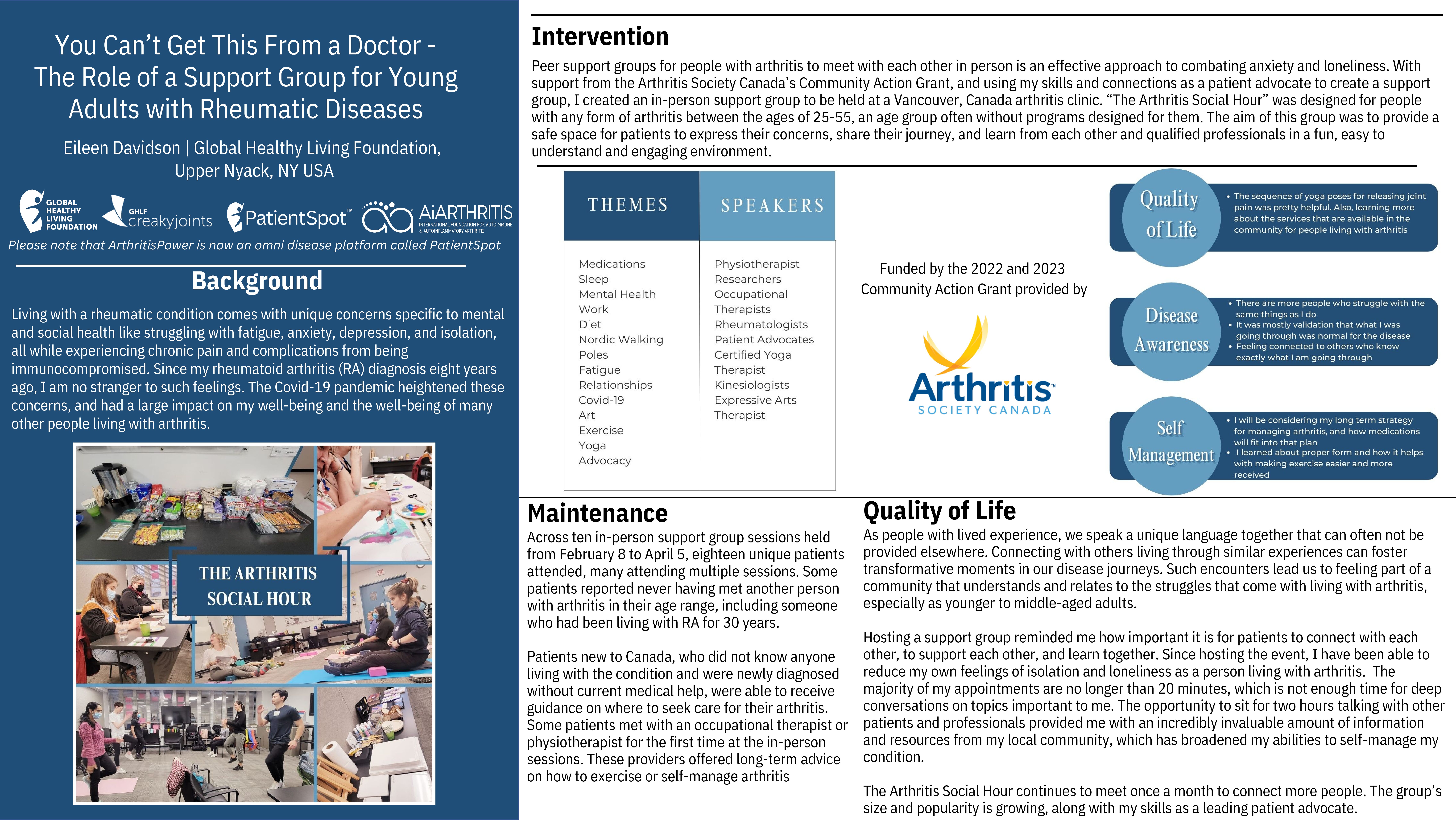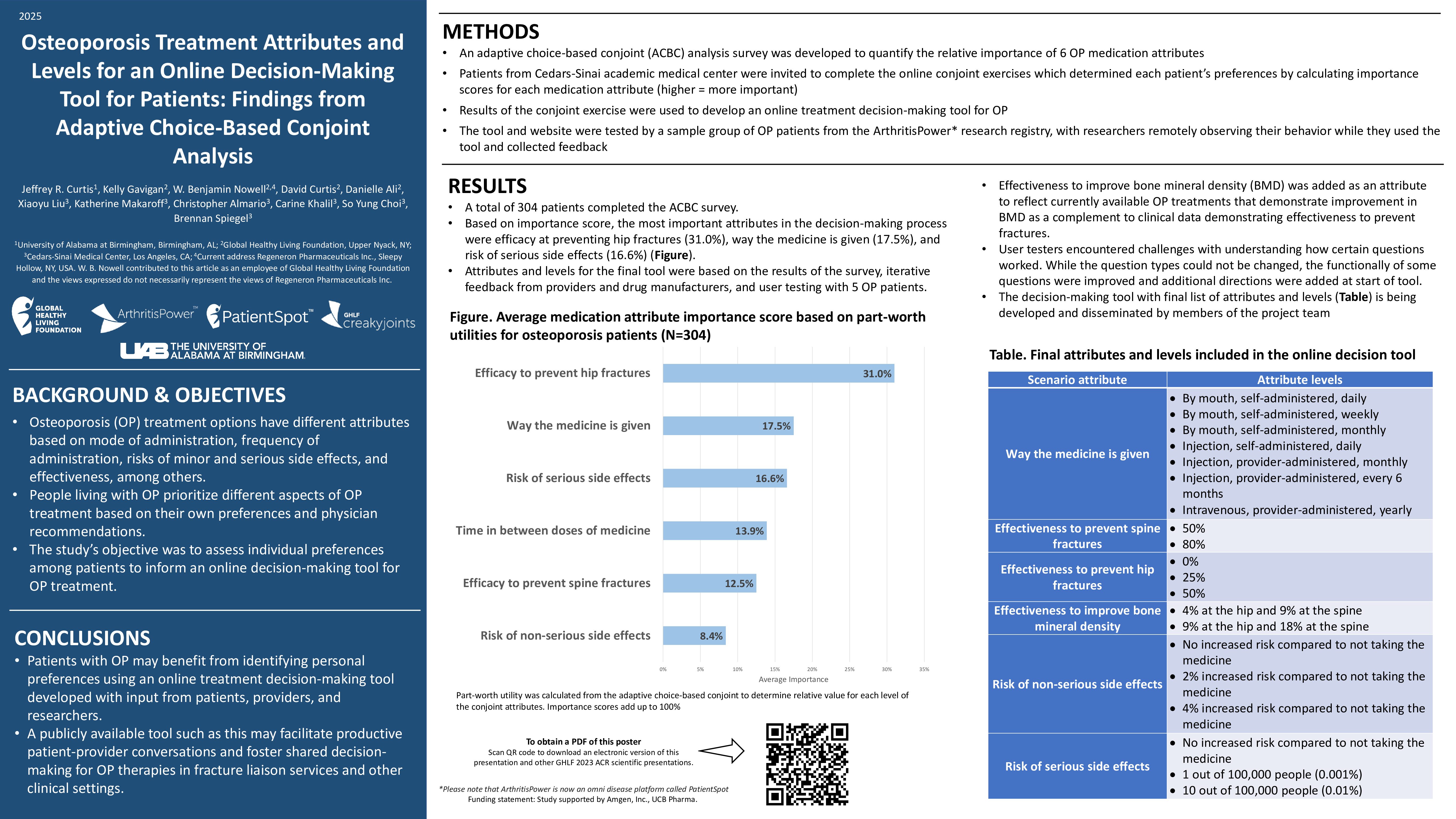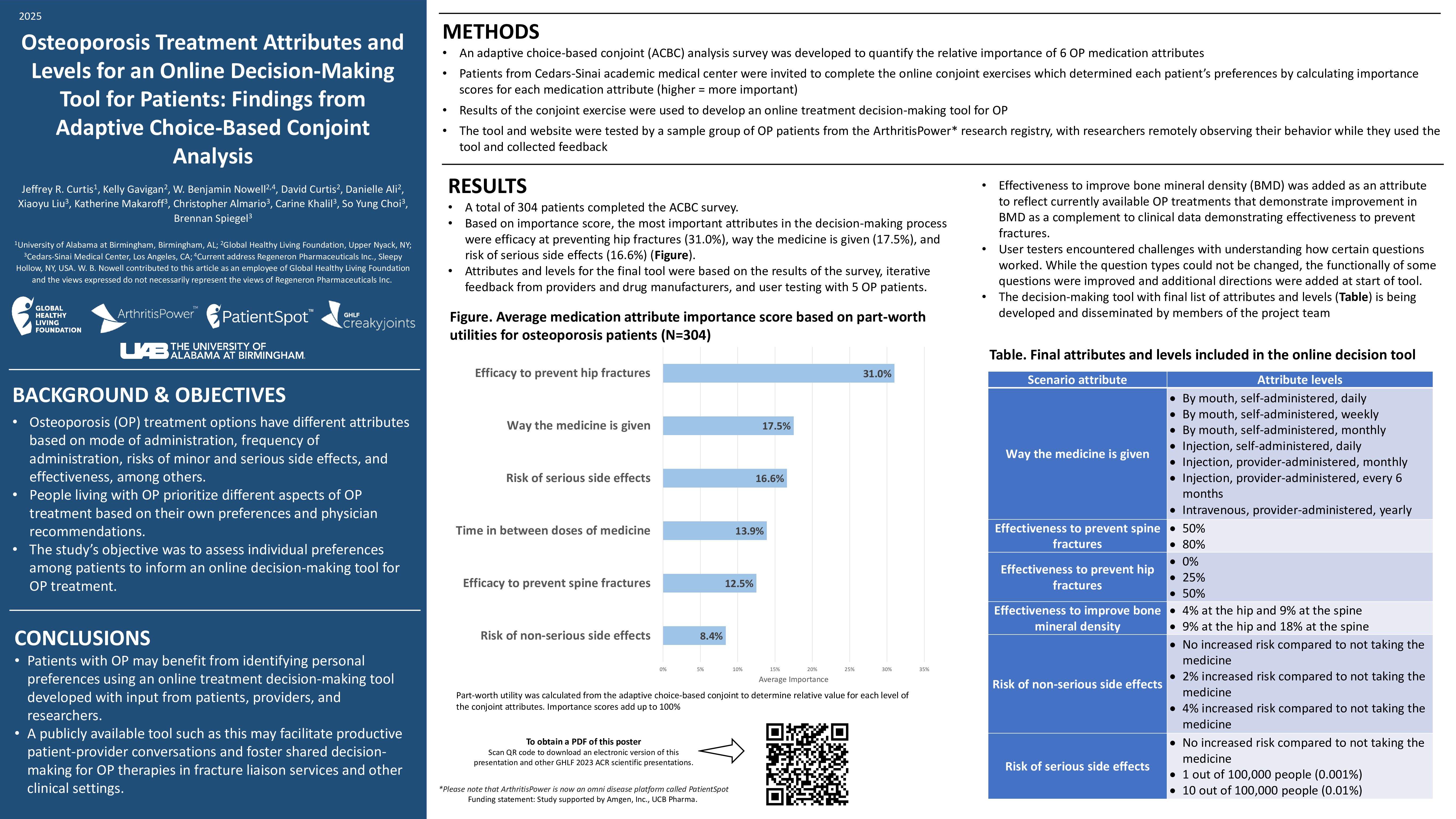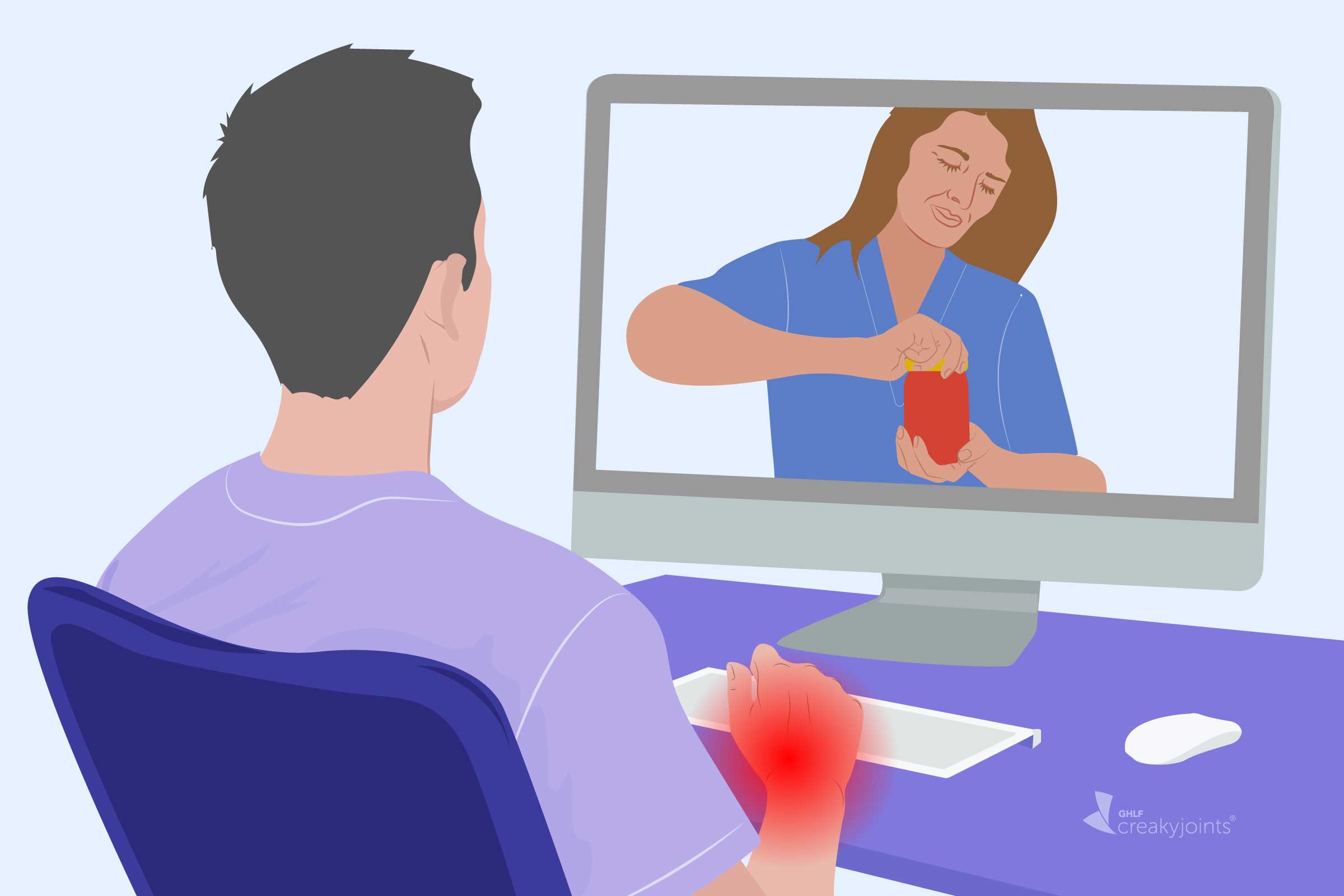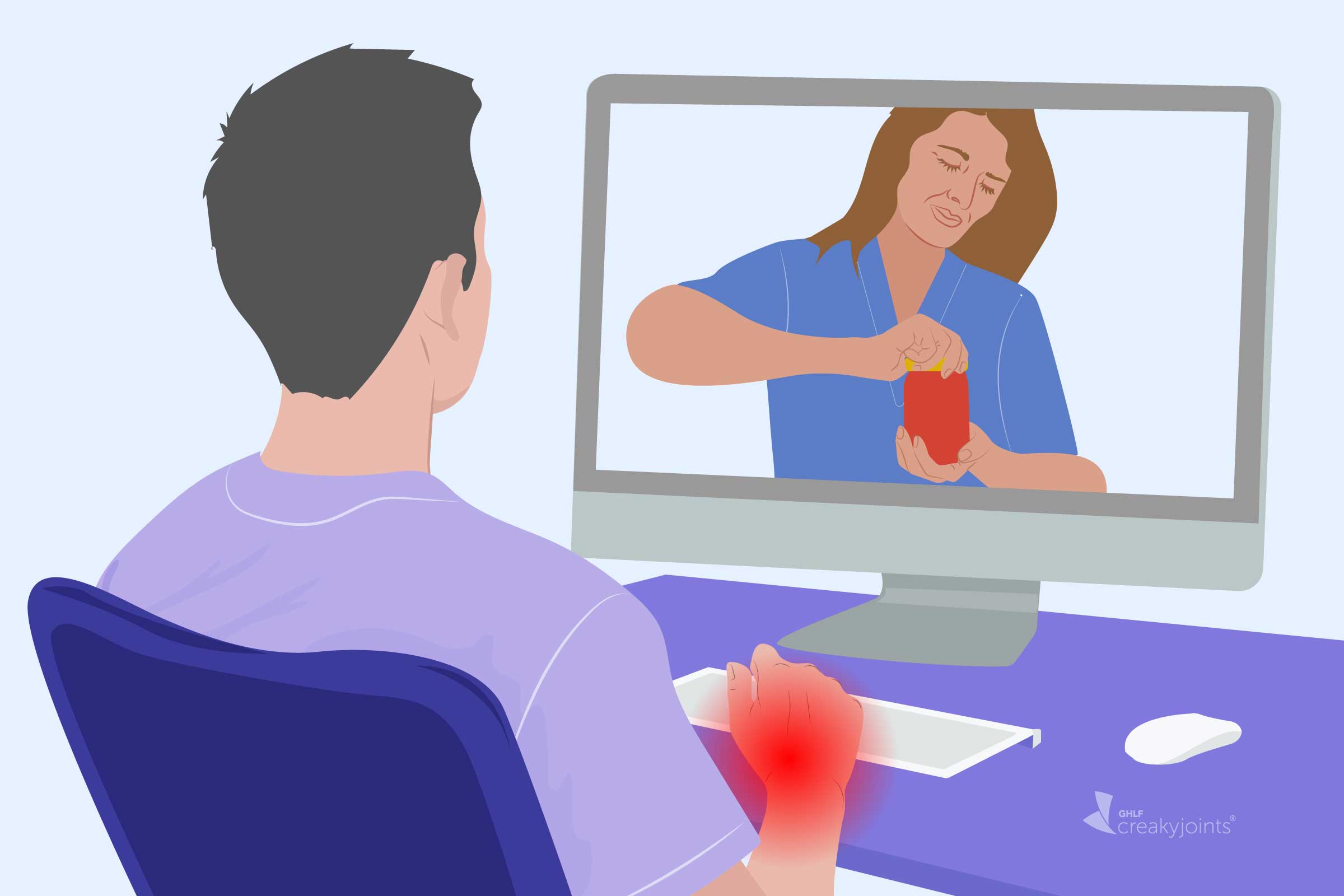Learn more about our FREE COVID-19 Patient Support Program for chronic illness patients and their loved ones.
A growing body of research is examining the link between the COVID-19 pandemic and psychological conditions like anxiety. Now, researchers have taken a closer look at what this means for rheumatoid arthritis patients specifically.
In a letter to the editor published online January 27, 2021 in the journal Rheumatology, Japanese researchers examined the prevalence of anxiety and depression in rheumatoid arthritis patients before and during the pandemic. More than 100 people with rheumatoid arthritis were enrolled from May 1, 2019 to August 31, 2020 and completed the Hospital Anxiety and Depression Scale.
The Hospital Anxiety and Depression Scale contains two subscales for anxiety and depression, and uses the following scores to measure the presence of either anxiety or depression:
- 0-7: non-cases (normal)
- 8-10: doubtful cases (borderline)
- 11-21: definite presence of psychological conditions
The researchers found that nearly 9 percent of the rheumatoid arthritis patients reported definite anxiety before the pandemic, but that proportion increased to 12 percent in 2020.
Meanwhile, 8 percent of rheumatoid arthritis patients reported borderline anxiety before the pandemic, but that increased to 15 percent in 2020.
The patients reporting definite depression remained steady at 10 percent during the study period, but more patients reported borderline depression in 2020.
Rheumatoid arthritis patients are at greater risk of infection generally due to immune dysregulation and immunosuppressive therapy and are older on average than the general public. (Research is ongoing about whether or to what degree people with rheumatoid arthritis or other rheumatic conditions are at increased risk of COVID-19 or its complications. Current data suggests that comorbid conditions, age, and taking steroid medications are most associated with the risks of severe disease, rather than having the disease itself or other immunosuppressive medications.) In this study, 53 percent of patients were using biologics agents, 66 percent were using the disease-modifying antirheumatic drug (DMARD) methotrexate, and 25 percent were using glucocorticoids.
The patients’ mean age was 65.7 and 87 percent were female. The mean disease duration was 15 years.
“Patients with high disease activity can become highly prone to psychological distress and should be offered focused care,” note the researchers. “As the pandemic fails to subside, more patients are likely to experience anxiety and depression, and the health care professionals must remain vigilant for these psychological changes.”
Related research has shown that patients with rheumatoid arthritis and other rheumatic conditions are also more likely to strictly isolate during the pandemic than the general public.
Researchers found that 46 percent of patients with rheumatoid arthritis, ankylosing spondylitis, or psoriatic arthritis adhered to strict isolation measures during a time in which the Dutch government was encouraging people to stay home, compared to only 29 percent of healthy controls, per an August 2020 study in The Lancet Rheumatology.
Even among the general public, COVID-19 has had a profound impact on mental health: 10 months after COVID-19 began circulating throughout the United States, 51 percent of U.S. adults said that worry or stress due to the pandemic has had a negative impact on their mental health — with one in four saying it has had a major impact, according to the December Kaiser Family Foundation Health Tracking Poll. That was an increase from May, in which 39 percent of adults said the same.
Making time to unwind, connecting with others, taking breaks from the news, sleeping enough, exercising regularly, and eating healthy are habits that may help you cope with the stress of the pandemic, per the U.S. Centers for Disease Control and Prevention.
Get Mental Health Support
We understand how difficult it can be to cope during these uncertain times, especially when you are living with chronic illness. It is important to talk to someone who can help. You should contact your primary care physician or your insurance provider to learn about the supportive resources that are available to you. Here are other mental health resources for your reference:
- To find local support groups and services, you can call 1-800-950-NAMI (6264) or email info@nami.org. The National Alliance on Mental Illness HelpLine can be reached Monday through Friday, 10 AM to 6 PM ET.
- For a counselor or therapist in your area, view the resources page at Mental Health America: Finding Therapy.
- Crisis Text Line (free 24/7 support via text): Text HOME to 741741
- The Friendship Line from the Institute on Aging (toll-free 24/7 support for people ages 60 or over and adults living with disabilities): 1-800-971-0016
- LGBT National Hotline (free, confidential support for the lesbian, gay, bisexual, transgender, queer, and questioning community): 1-888-843-4564
- If your mental health concern is an emergency for you or someone else, you should call 911.
- If you are having suicidal thoughts or have or are thinking of hurting yourself, you should call the National Suicide Prevention Lifeline’s 24-hour toll-free crisis hotline, 1-800-273-TALK (8255).
Get Free Coronavirus Support for Chronic Illness Patients
Join the Global Healthy Living Foundation’s free COVID-19 Support Program for chronic illness patients and their families. We will be providing updated information, community support, and other resources tailored specifically to your health and safety. Join now.
Coping with Stress. COVID-19. U.S. Centers for Disease Control and Prevention. January 22, 2021. https://www.cdc.gov/coronavirus/2019-ncov/daily-life-coping/managing-stress-anxiety.html.
Itaya T, et al. Prevalence of anxiety and depression in patients with rheumatoid arthritis before and during the COVID-19 pandemic. Rheumatology. January 27, 2021. doi: https://doi.org/10.1093/rheumatology/keab065.
Hooijberg F, et al. Patients with rheumatic diseases adhere to COVID-19 isolation measures more strictly than the general population. The Lancet Rheumatology. August 27, 2020. doi: https://doi.org/10.1016/S2665-9913(20)30286-1.
KFF Health Tracking Poll – December 2020: COVID-19 and Biden’s Health Care Agenda. Kaiser Family Foundation. December 18, 2020. https://www.kff.org/coronavirus-covid-19/report/kff-health-tracking-poll-december-2020/.

